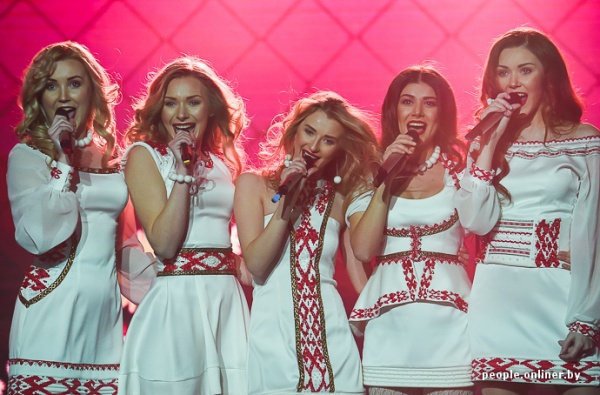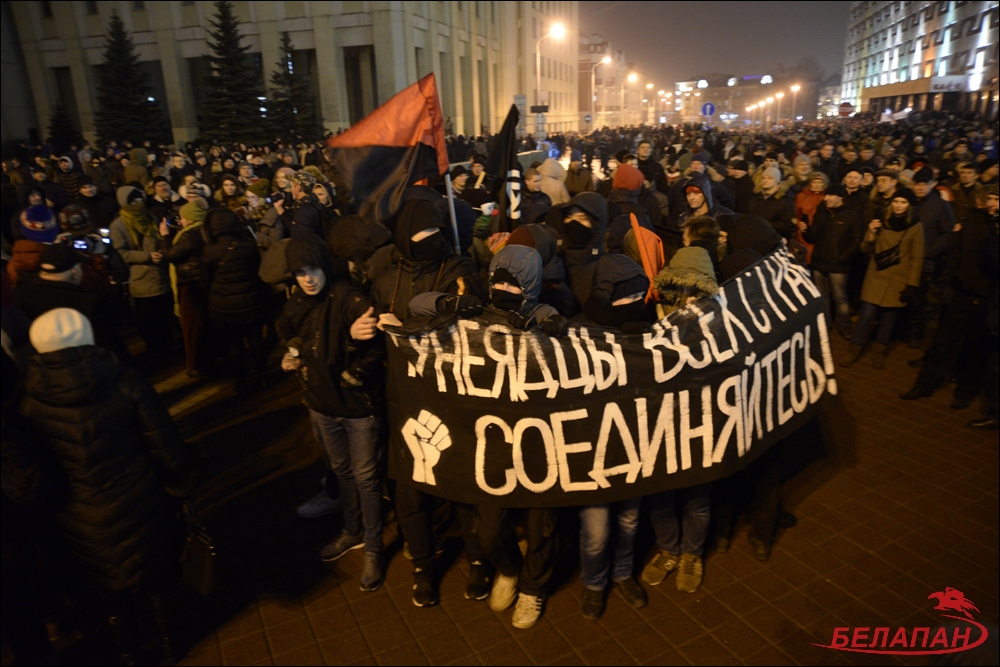Minsk is promoting the Belarusianization of Belarus while Moscow is pushing its re-Sovietization. But because both are being imposed from above, specialists on that country say, it is unclear whether the former will promote cultural security or the latter undermine it.
That is the conclusion of a panel on the relationship of “soft Belarusianization” and Russian “soft power” that occurred during the Seventh International Congress of Researchers on Belarus that occurred in Warsaw last weekend (thinktanks.by and camarade.biz).
Vadim Mozheyko
, a specialist on Belarusian culture, said that “soft Belarusianization consisted of “the gradual, voluntary-to-the-maximum-extent broadening of the use of the Belarusian language, the support, development and dissemination of Belarusian culture, [and] the preservation and promotion of the historical-cultural heritage.”
Such a policy, he continued, will help “form and strengthen national identity, help counter cultural and information threats and the challenges of disinformation and propaganda.” Those involved in the business of soft Belarusianization are divided between “those motivated by patriotic motives” and those who are exploiting it to make money.
Three things make this difficult task even more so, Mozheyko says:
- “The absence of a tradition of a strong strategy of cultural policy,”
- “The infiltration of the state apparatus by supporters of the Russian world,” and
- “The previous policy which for many years was pointed in exactly the opposite direction.”
Another participant in the panel, Andrey Vardomatsky of Warsaw’s Belarusian Analytic Center
, said that “there is another process taking place in the country besides Belarusianization which is no less important. This is re-Sovietization, and it is also from above but not from Minsk but rather from Moscow.”
What one sees, he said, is that “the orientation toward Russia has not been reduced, the orientation toward Europe has not increased, and the process in the masses is not yet sufficiently developed to be felt … And Belarusianization has been de-depersonalized unlike, for example, Polish identity, which has an enormous number of names and events.”
Related:
- Can Forrest Gump defeat Russian propaganda in Belarus?
- Russian-speaking Belarusians and Ukrainians threaten Putin’s ‘Russian world’ and Russia itself
- Putin’s Russian world seeks to offer others 12 unattractive values, Sytin says
- Putin’s failure to attract CIS leaders to Victory parade marks shift from post-Soviet era to Russian world, Dubnov says
- ‘Belarusians aren’t Russians and never will be’
- Russia and Belarus protests – ‘part of general crisis in post-Soviet space,’ Portnikov says
- Ukrainian events ‘Belarusianizing’ Belarus, Kyiv commentator says






